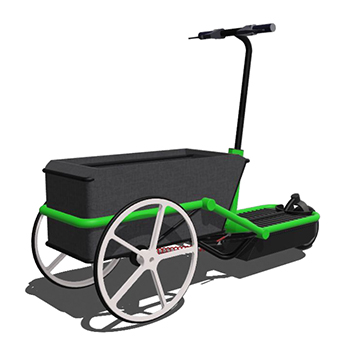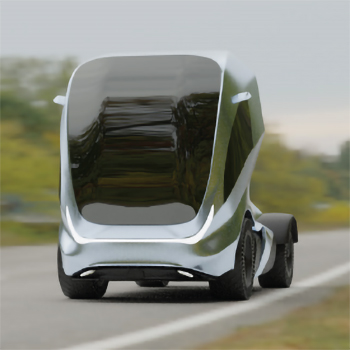The street vendors are people who sell essential grocery items and goods. They are contributors to the economy, society, and culture of our cities. Street vendors may be stationary in the sense that they occupy space on the pavements or other public/private spaces, or they may be mobile in the sense that they move from place to place by carrying their wares on push carts or in baskets on their heads. Street vendors provide tremendous contributions to the economy, society, and culture of our cities. Despite this, the issue of recognising and regulating street vending is one of the most intractable issues in cities. They might do various sorts of business in a single day, so he/she might transform the vehicle accordingly. Street vendors have been in existence since ancient times. In all civilisations, ancient and mediaeval, one reads accounts of travelling merchants who not only sold their wares in the town by going from house to house, but they also traded in neighbouring countries. The Indian Institute for Human Settlements (IIHS), in partnership with the Hungry Cities Project, surveyed 1000 food vendors across Bengaluru. Results revealed that about 47% of vendors were mobile food vendors operating out of a mobile cart, cycle, or bike, and 18% of food vendors would sell their items in multiple locations in the city.


